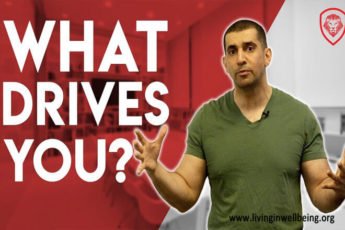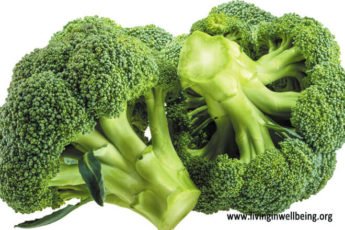
Family dining together.
Change eating habit and change your life. Food has become a habit for millions of Americans. The latest obesity statistics are:
* 58 Million Overweight; 40 Million Obese; 3 Million morbidly Obese
* Eight out of 10 over 25's Overweight
* 78% of American's not meeting basic activity level recommendations
* 25% completely Sedentary
* 76% increase in Type II diabetes in adults 30-40 yrs old since 1990
No wonder obesity has become a top seller. Many of the 58 million are desperately trying to lose weight. The most logical approach is to change eating habit. Obesity should disappear. Right?
You would think so, but the main reason why this hasn't been working this way is that changing eating habit doesn't address how to handle emotions that are involved in the eating problem.
Change eating habit and change your life. Food has become a habit for millions of Americans. The latest obesity statistics are: * 58 Million Overweight; 40 Million Obese; 3 Million morbidly Obese * Eight out of 10 over 25's Overweight * 78% of American's not meeting basic activity level recommendations * 25% completely Sedentary * 76% increase in Type II diabetes in adults 30-40 yrs old since 1990No wonder obesity has become a top seller. Many of the 58 million are desperately trying to lose weight. The most logical approach is to change eating habit. Obesity should disappear. Right?
You would think so, but the main reason why this hasn't been working this way is that changing eating habit doesn't address how to handle emotions that are involved in the eating problem.
The truth is that those suffering from obesity (aside from those with a throid problem) don't have an eating problem or a weight problem. They have an eating symptom or a weight symptom. Just like a sneeze is a symptom, the eating behavior or extra weight is a symptom. Actually the problem they have is with emotions. From childhood they've associated food with pleasurable and unpleasurable emotions. Little wonder then when they feel happy they eat. Or when they feel upset or frustrated the eat. Eating is a conditioned behavior to many emotions. Trying to control food as a habit is like putting a square peg into a round hole--just impractible.
It's important to learn to manage emotions. Now here is an important distinction for one might say, "It's important to control emotions." The word "control" gives the sentence a whole different meaning. Managing is flowing with emotions, whereas when you attempt to control emotions it's actually giving power to them over oneself. That is to say, what you try to control actually controls you.
In the 1960's a lot of research was done with EEG biofeedback to see if by controlling certain brain waves, emotions could be controlled. The science never went beyond observing the brain waves associated with various emotions. It was ironic that some people while they were angry experienced the same brain waves as someone else who was happy. Ultimately, it was learned that it's impractical to control emotions by changing brain waves--something the Sufi's of the East have known for centuries.
From a more Eastern Zen approach it's more appropriate to embrace emotions rather than control them. Learn to acknowledge them. There's a challenge in itself as most of us from childhood have been taught to ignore them or pretend that they don't affect us in an attempt to reduce their affect.
By embracing emotions and experiencing them, they no longer dictate eating behavior.
A progressive approach to losing weight involves asking important questions "What is missing here? Why are you not getting the results you've been promised?" It is clearly insane to keep attempting to change eating habit when the results are so poor. It's more important to gain a grasp on conquering emotional eating than it is to read the scale. Besides focusing on the scale doesn't empower you to be a better more enlightened person, whereas learning about how to handle emotional eating empowers you in all aspects of your life. If you're a sales person, you'll be a better sales person. If you're an assembly line worker, you'll be a better assembly line worker. Overall, you'll build self worth and find that what you really want to eat is far more nutritious and less in quantity than you ever before imagined possible.












